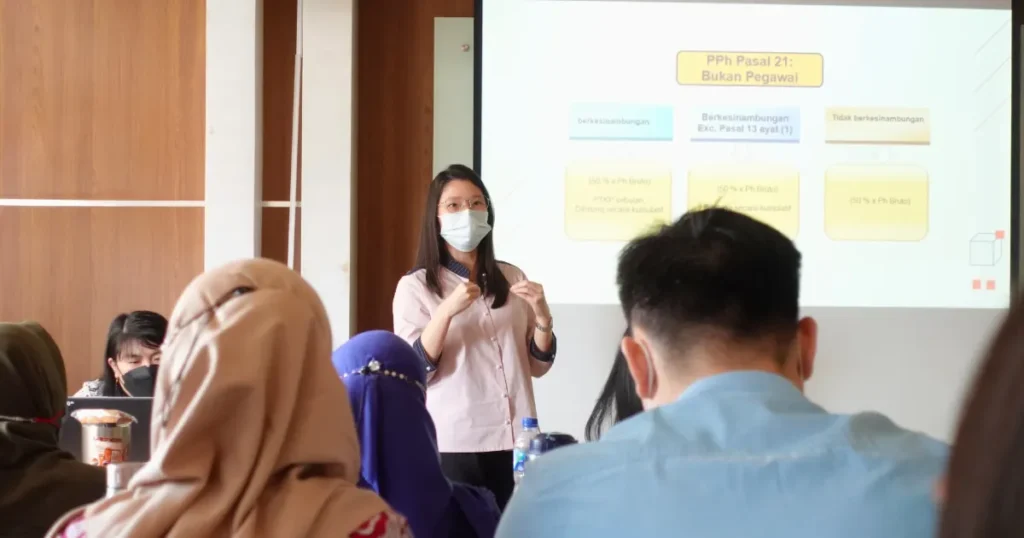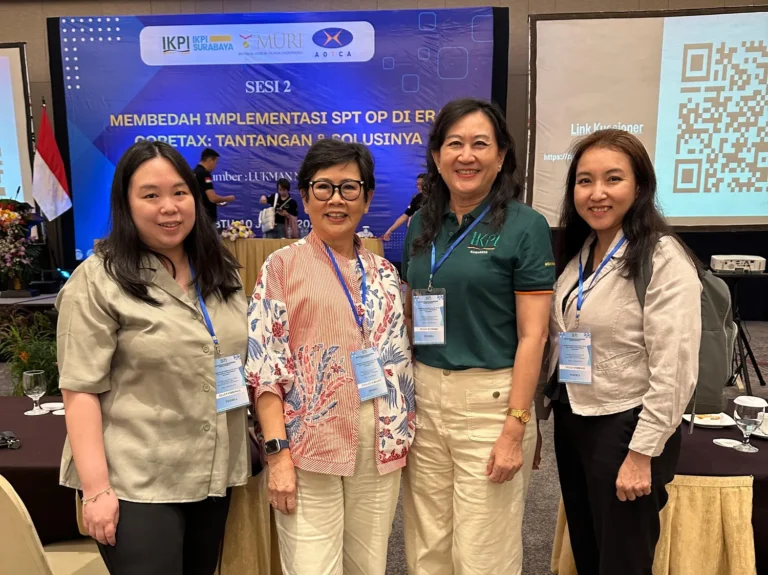- Phone: (031) 849 5566
- WA: +6282140060234
- Email: [email protected]
- Hours: Mon-Fri, 8am - 5pm
Human Resource: Key to Business Success in the Digital Era
In today’s digital era, Human Resource (HR) is no longer just about administrative tasks such as recruitment, attendance, or payroll. HR has transformed into a core element of business strategy.
In many companies, HR plays an active role in key decision-making, from flexible work policies and team development to the implementation of new technologies.

What is Human Resource?
Human Resource (HR) is the department responsible for managing the workforce within an organization. Some of the key functions of HR include:
- Recruitment and employee selection
- Performance and productivity management
- Training and development
- Employee welfare and maintaining healthy work relationships
The role of HR is to ensure that the company has a skilled, competent team that can quickly adapt to change while fostering a positive work environment that supports productivity.
HR Transformation: From Administrative to Strategic
According to a LinkedIn Talent Solutions report (2024), more than 70% of global HR professionals stated they are now more involved in strategic decision-making, thanks to technologies like Generative AI, which automates recruitment and administrative processes.
With more time available, HR can now focus on more strategic activities such as building team relationships, improving candidate experiences, and providing input to management.
How About Human Resource in Indonesia?
In Indonesia, the working world is also evolving quickly. HR, which was once limited to administrative tasks like managing attendance, payroll, and recruitment documents, is now being involved in strategic planning.
Some notable changes include:
- HR’s involvement in long-term company planning, including designing organizational structures and HR strategies.
- A greater focus on employee development, from needs-based training to continuous career development programs.
- The use of data and technology to analyze HR metrics, such as measuring team productivity, mapping training needs, or assessing leadership potential.
Companies adopting this approach typically have a more adaptive work culture, higher employee engagement, and more stable business growth.
HR and Technology: Collaborating for Efficiency and Innovation
Many companies in Indonesia are now adopting cloud-based and AI-driven HR systems. With these digital systems, HR can perform tasks more quickly, efficiently, and accurately, even making data-driven decisions. Some examples of HR technology implementation include:
- Automated recruitment (AI screening & ATS)
- Data-driven performance management systems
- Adaptive online training platforms (LMS)
According to an article on Kompas.com, companies like Tatalogam Holding have experienced the benefits of cloud-based HR solutions, allowing them to automate administrative processes and focus on more strategic tasks like organizing employee training.
Human Resource: More Than Just Management, But Development
The role of HR now extends beyond just managing administration to focusing on the holistic development of human resources. This includes:
- Reskilling and upskilling
- Mentoring and coaching for younger generations
- Clear and sustainable career paths
Why is this important? Because when employees grow, the company grows too. HR helps create a comfortable work environment, motivates employees, and boosts productivity.
A concrete example is the training programs run by KJA PT Synergy Ultima Nobilus, which focus on internal development and optimizing team capabilities. With this approach, HR is not just managing human resources but actively shaping competent, collaborative teams ready to face future business challenges.

Challenges and Opportunities for HR in Indonesia
Some of the challenges faced by HR in Indonesia include:
- A mismatch between graduate skills and industry needs – Many graduates lack skills that align with market demands.
- The shift in work culture post-pandemic – Hybrid work and flexible hours have become essential in the modern workplace.
- The entry of Gen Z – This generation brings new ways of thinking and values that companies must adapt to.
However, these challenges also open the door for innovation. HR can be a change agent within organizations, promoting a more open, flexible, and inclusive work culture, while providing opportunities for employee growth.
Conclusion: HR is the Future of Business
The role of human resource is now highly strategic in shaping the future of the workforce, especially in Indonesia. HR is not only responsible for managing employees but also creating work systems that support long-term company growth.
With a human-centered, tech-driven, and ever-evolving approach, HR is becoming the backbone of business success in the future.
Read Also: Role of HR: 5 Essential Ways to Improve Accountant Performance





